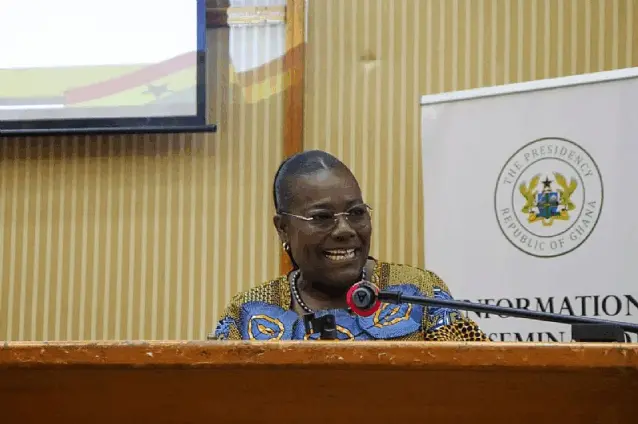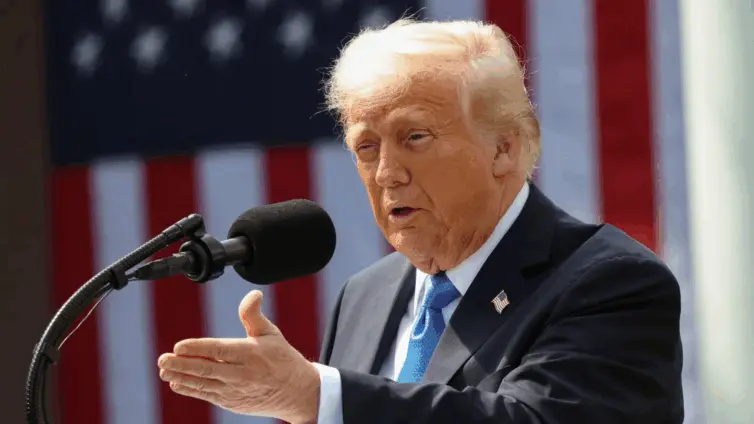Accra, Ghana – The National Service Authority (NSA) has successfully purged over 2,000 ghost workers from its payroll, resulting in projected savings of GH¢1 million for the state. This move marks a significant victory in the fight against payroll fraud and underscores the NSA’s commitment to fiscal responsibility. The discovery highlights the persistent challenges of corruption within some government agencies and the ongoing efforts to ensure transparency and accountability in the management of public funds. The problem of ghost workers has plagued the Ghanaian public sector for years, siphoning vital resources away from essential services and hindering national development.
The substantial savings achieved by eliminating these ghost workers will be redirected towards improving the national service scheme and supporting legitimate service personnel. According to sources within the NSA, the authority identified the discrepancies through a rigorous audit and data verification process, leading to the removal of the fraudulent names from the payroll.
The operation to eliminate ghost workers saw over 2,000 names removed, translating directly into the GH¢1 million in savings. This represents a substantial sum that can now be used more effectively to support the legitimate needs of national service personnel and improve the overall efficiency of the program.
To prevent future occurrences of this fraud, the NSA is implementing stringent measures, including enhanced data cross-verification with the Controller and Accountant General’s Department. This collaboration aims to prevent duplication and unauthorized entries into the payroll system. Felix Gyamfi, Director-General of the NSA, emphasized the importance of this initiative, stating, “If you’re already on another payroll—whether as a police officer, immigration officer, or army officer—and you’re doing national service just to meet the requirement, do not submit your allowance form this month.” This directive underscores the NSA’s commitment to ensuring that only eligible individuals receive allowances.
In addition to data verification, the NSA is working closely with security agencies, including the National Intelligence Bureau (NIB), to investigate and prosecute those attempting to defraud the system. This collaboration aims to deter potential offenders and send a clear message that such activities will not be tolerated.
The investigation into ghost workers began following a presidential directive from President Mahama, who called for a full investigation into 81,885 suspected ghost names across various government agencies. As part of this broader effort, Finance Minister Dr. Cassiel Ato Forson commissioned a nationwide headcount and audit to reconcile and clear outstanding service allowance arrears dating back to August 2024.
Initial exposure of irregularities came to light in November 2024 through an investigative report by The Fourth Estate, which highlighted discrepancies and potential fraudulent activities within the NSA’s payroll system. This report served as a catalyst for further investigation and action.
The Attorney General, Dr. Dominic Ayine, disclosed that former NSA directors would face prosecution in May 2025 for their alleged involvement in the payroll fraud. The NIB has also invited former Executive Director Osei Assibey Antwi for questioning, and other NSS officials are currently under interrogation, awaiting potential prosecution.
The NSA’s proactive measures against ghost workers demonstrate a strong commitment to safeguarding public funds and promoting good governance within the national service scheme. By implementing stricter controls, collaborating with other government agencies, and pursuing legal action against offenders, the NSA is working to ensure the integrity and sustainability of the national service program.
These ongoing efforts are essential for maintaining transparency and preventing future fraud, ultimately benefiting the Ghanaian public and fostering trust in government institutions. Citizens are encouraged to report any suspected instances of corruption to the appropriate authorities, contributing to the collective effort to combat fraud and promote accountability.
Image Source: MYJOYONLINE





















